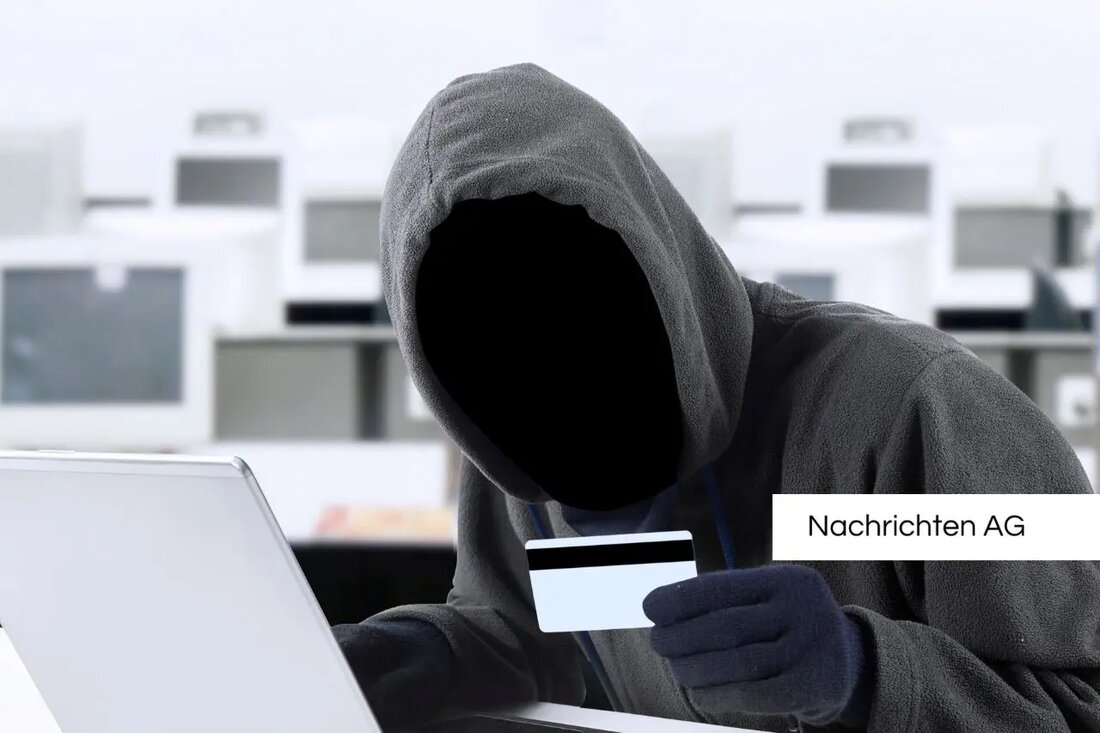CDU asks: How much does the city's amusement tax bring?
CDU asks: How much does the city's amusement tax bring?
The city of Leverkusen is faced with important feedback on amusement tax, which contributes significantly to the urban financial situation. At a request from the CDU, the administration provided information on the income from the amusement tax for game and skill devices from 2022 to 2024. RP online calculates.
The CDU also asks about the open residues that result from this tax at the end of last year. Another point of the request refers to the controls carried out by the municipal regulatory service (KOD) in arcades to ensure that all devices are properly registered. This information is crucial for transparency and the proper collection of the amusement tax in the city.
amusement tax in Germany
The amusement tax, historically also known as the lustness tax, represents a local expense tax that is raised by the municipalities in Germany. According to Wikipedia , the legislative competence in this matter is at the countries, which results in different regulations. The tax object includes financial expenses for amusements, including entrance fees for events, slot machines and other services.
In Germany, the revenue from the amusement tax is not insignificant. In 2016, the nationwide volume was around 985 million euros. It is striking that the regulations between the individual federal states vary greatly: While most federal states have regulated the amusement tax in their local tax laws, countries such as Berlin, Hamburg and Bremen raise these taxes directly.
municipal differences and tax surveys
The increase in income from the machine tax shows an interesting development. From 190 million euros in 2006, the volume rose to over 1 billion euros by 2018, but fell to EUR 433 million in 2021, only to increase to 872 million euros again around 2022. Games and Business emphasizes that in Berlin an amusement tax of 25 percent for play equipment came into force, which underlines the importance of taxation of gambling.
With the review and collection of entertainment tax, the municipalities in North Rhine-Westphalia are faced with the challenge of ensuring fair and transparent practice. The CDU request in Leverkusen could therefore not only illuminate the local financial situation, but also the general practices for taxing amusements in the region and stimulate the discussion about the need for changes.
| Details | |
|---|---|
| Quellen | |


Kommentare (0)